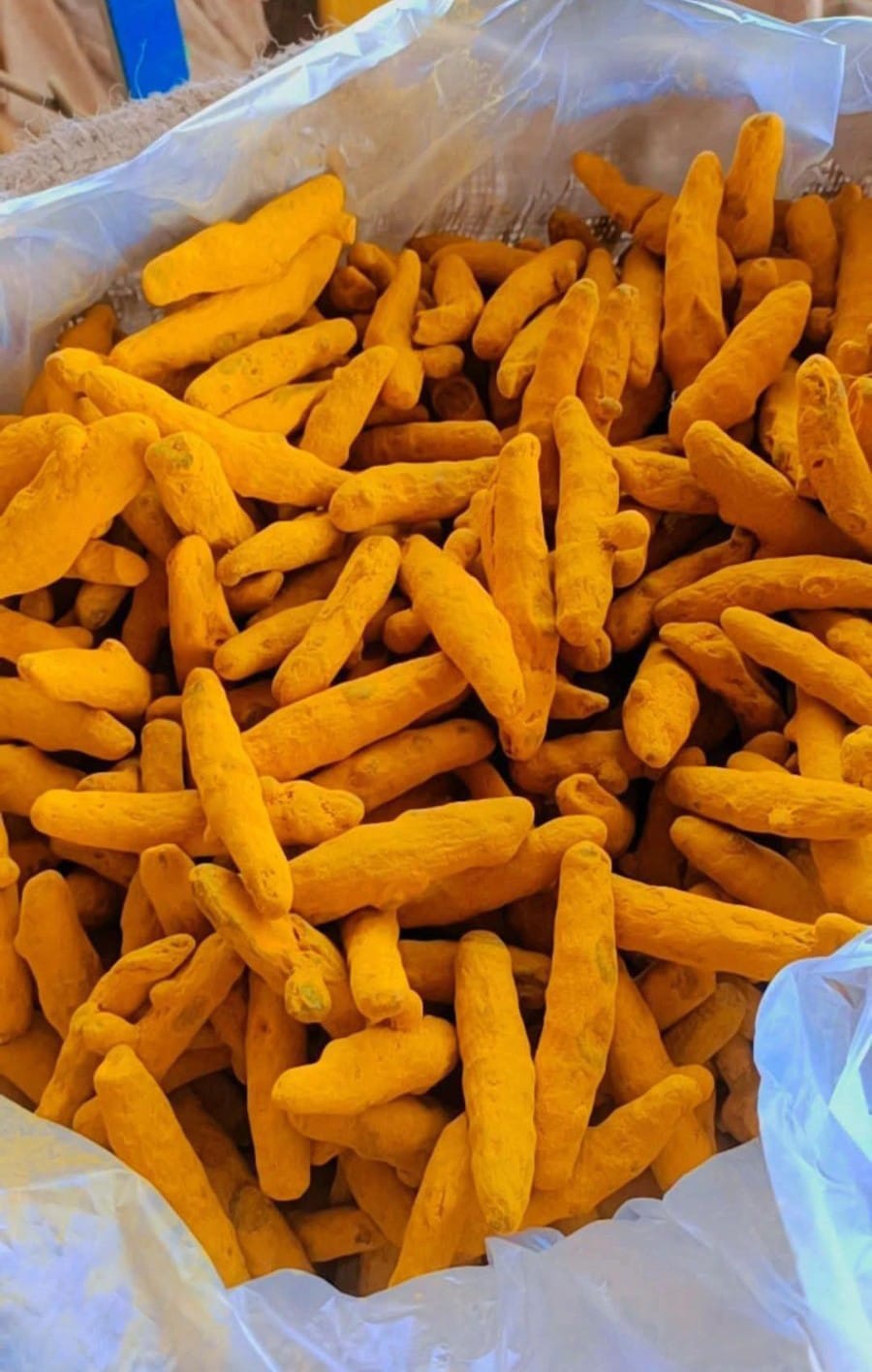
Turmeric, the vibrant golden spice cherished for its culinary and medicinal properties, is experiencing a surge in global demand. As a result, the turmeric powder export market is booming, presenting lucrative opportunities for producers and exporters who can navigate the complexities of quality standards and international regulations. This article delves into the key aspects of turmeric powder export, focusing on quality control and the factors driving global demand, with a nod to key players like Kailani Galleon and the broader landscape of spice exportation, including related commodities like red chilli and onions.
The Golden Standard: Ensuring Quality in Turmeric Powder Export
Meeting international quality standards is paramount to success in the turmeric powder export market. These standards encompass various factors, including:
Curcumin Content: Curcumin, the active compound in turmeric, is responsible for its color, flavor, and purported health benefits. Export markets demand turmeric powder with standardized curcumin levels, typically ranging from 3% to 6% or higher. Rigorous testing methods, such as High-Performance Liquid Chromatography (HPLC), are used to determine curcumin content.
Purity and Adulteration: Turmeric powder is susceptible to adulteration, with common adulterants including starch, dyes, and other less expensive ingredients. Exporters must implement stringent quality control measures to ensure the purity of their product and prevent adulteration. Testing for heavy metals, pesticides, and other contaminants is also critical.
Moisture Content: Excessive moisture content can lead to mold growth and spoilage, rendering the turmeric powder unsuitable for export. Maintaining optimal moisture levels during processing and packaging is essential.
Color and Aroma: While subjective, color and aroma are important indicators of quality. The powder should possess a vibrant yellow-orange hue and a characteristic earthy aroma.
Microbiological Safety: Turmeric powder can harbor harmful bacteria and fungi. Sterilization techniques like steam sterilization or irradiation are sometimes employed to reduce microbial load and ensure food safety.
Kailani Galleon and the Value of Trust in Spice Export
Companies like Kailani Galleon understand that building a reputation for consistently delivering high-quality turmeric powder is the foundation of long-term success in the export market. Transparency and traceability are key. This involves meticulously tracking the turmeric from farm to processing facility to final export, ensuring that each step meets the required quality standards. This commitment to quality builds trust with international buyers, fostering lasting relationships and securing repeat business.
Global Demand: Why Turmeric is Trending
The surge in global demand for turmeric powder can be attributed to several factors:
Growing Awareness of Health Benefits: Extensive research has highlighted the potential health benefits of curcumin, including its anti-inflammatory, antioxidant, and anticancer properties. This growing awareness has fueled demand for turmeric as a dietary supplement and functional food ingredient.
Culinary Versatility: Turmeric is a staple ingredient in many cuisines, particularly in South Asian and Middle Eastern dishes. As global interest in these cuisines grows, so does the demand for turmeric.
Natural Food Coloring: Turmeric is a natural alternative to synthetic food colorings, making it an attractive option for food manufacturers seeking to meet consumer demand for natural and clean-label products.
Cosmetic Applications: Turmeric is also used in cosmetics and personal care products for its skin-brightening and anti-inflammatory properties.
Beyond Turmeric: The Broader Spice Export Landscape
While turmeric is a star performer, the spice export landscape encompasses a range of commodities, including red chilli and onions. These commodities share similar challenges in terms of quality control and meeting international standards. Maintaining proper drying techniques for red chilli to prevent mold growth, and ensuring appropriate storage conditions for onions to prevent spoilage, are crucial for successful export. Understanding the unique characteristics of each commodity and implementing tailored quality control measures is essential for exporters seeking to diversify their product offerings.
Conclusion
The turmeric powder export market presents significant opportunities for producers and exporters who prioritize quality and meet international standards. By focusing on curcumin content, purity, moisture levels, and microbiological safety, exporters can ensure that their turmeric powder meets the stringent requirements of global markets. Companies like Kailani Galleon demonstrate the importance of transparency, traceability, and building trust with international buyers. As global demand for turmeric continues to rise, driven by its health benefits, culinary versatility, and natural applications, exporters who can deliver high-quality turmeric powder are well-positioned to thrive in this dynamic market, alongside those trading in related commodities like red chilli and onions.







